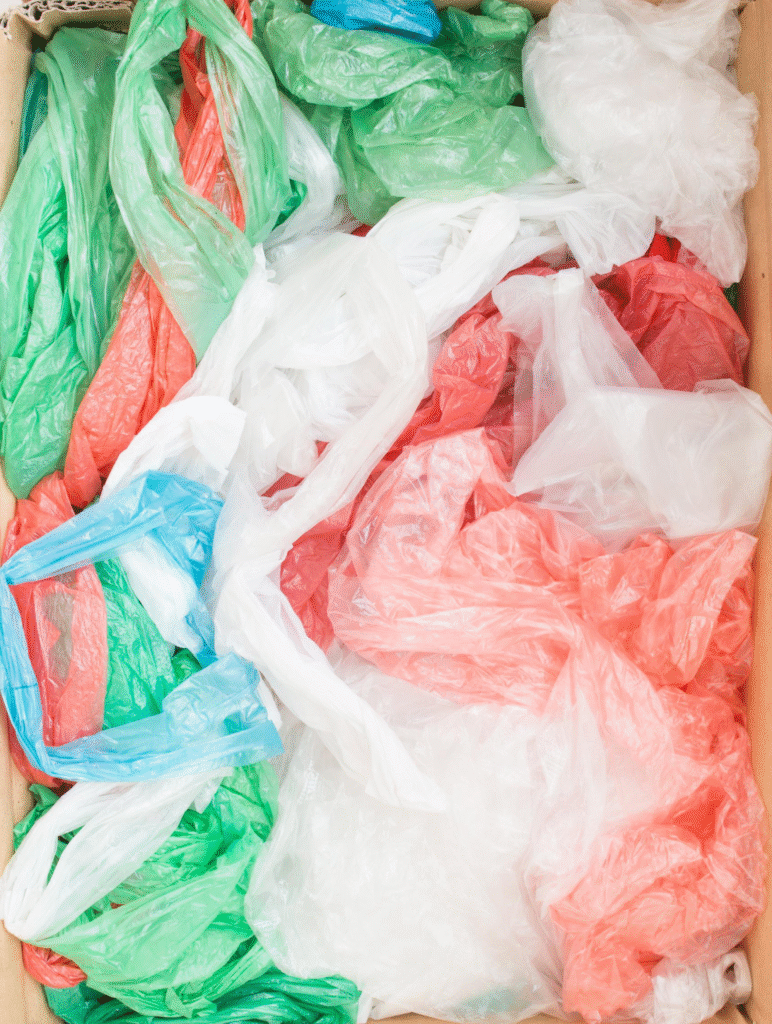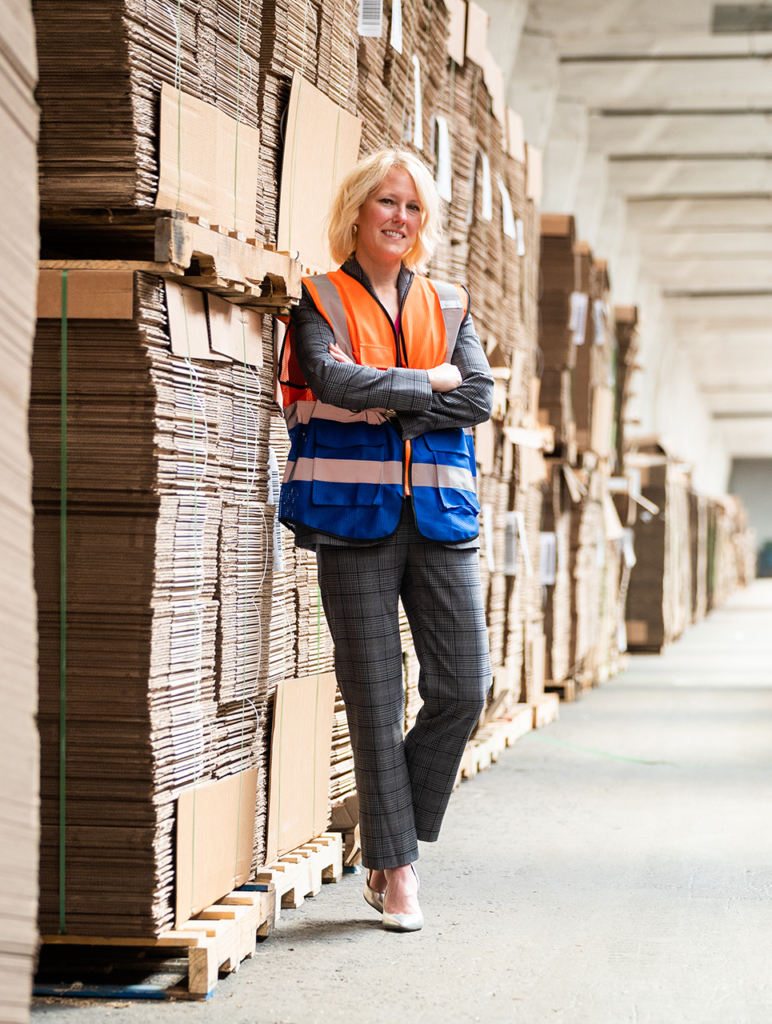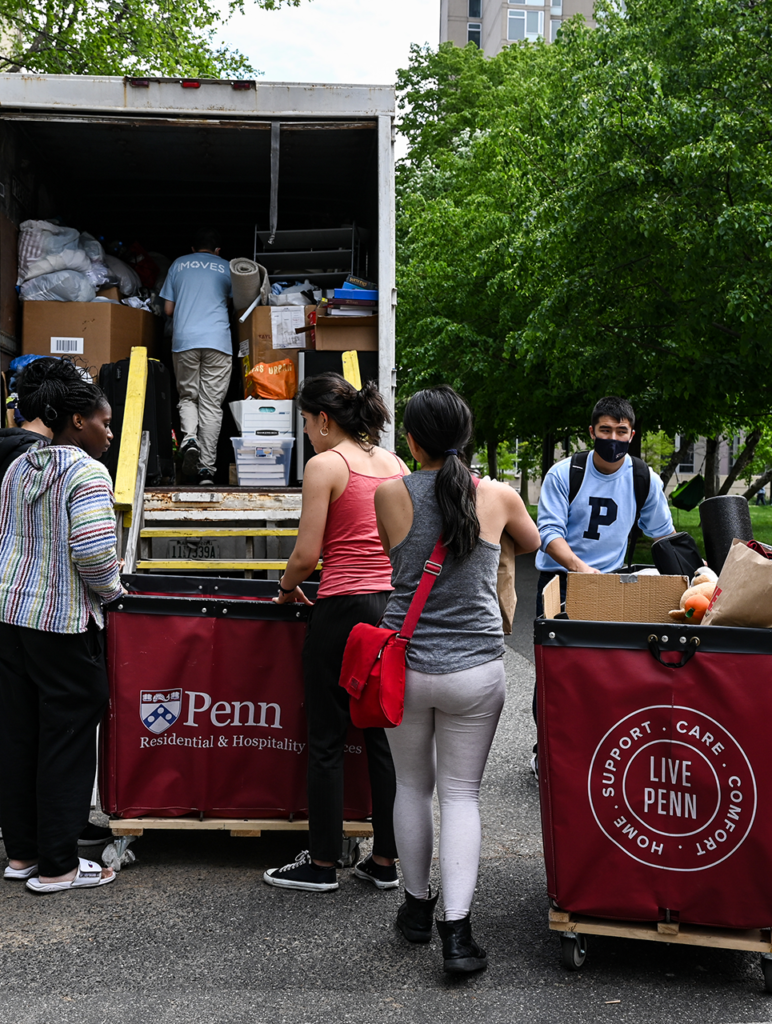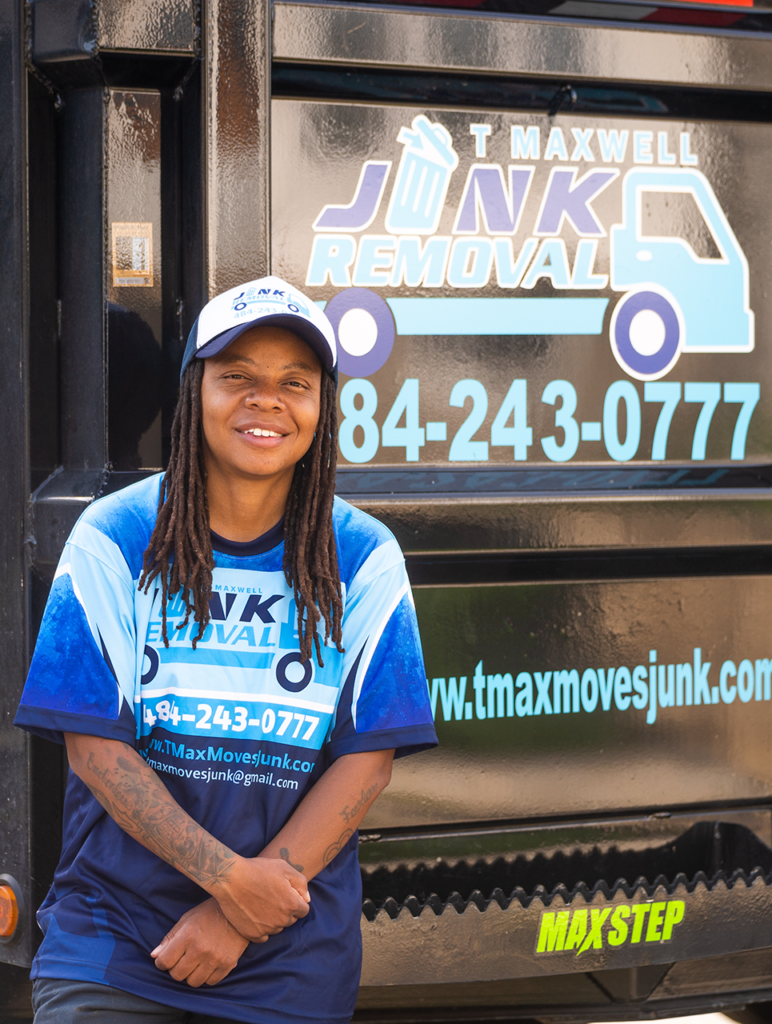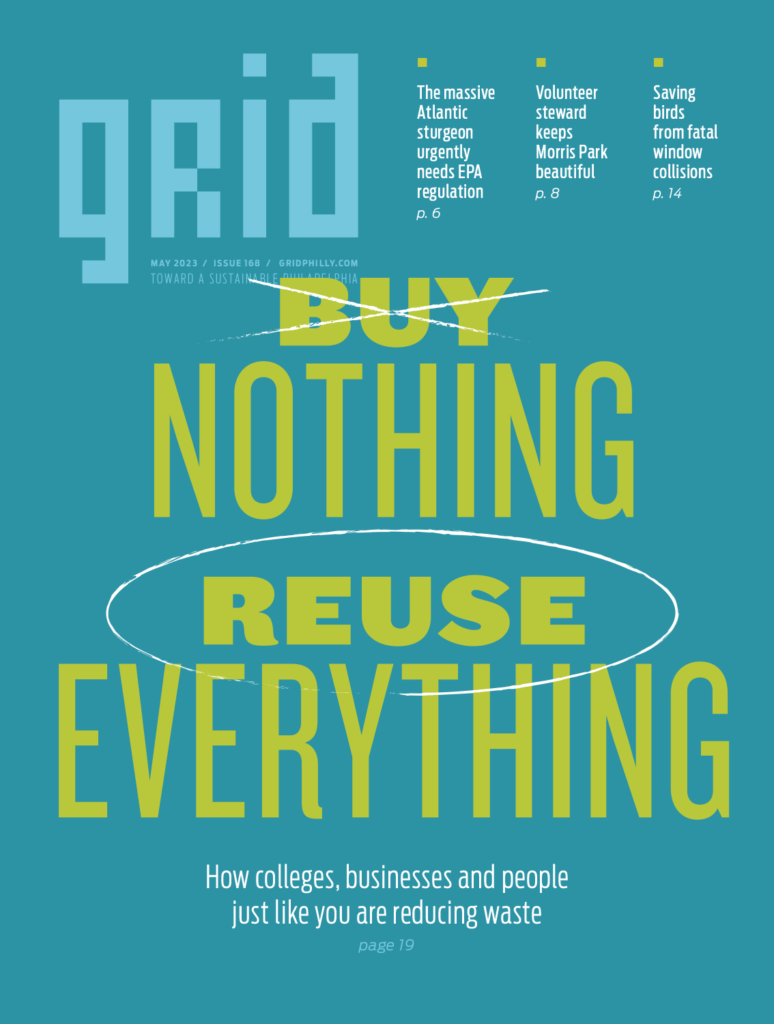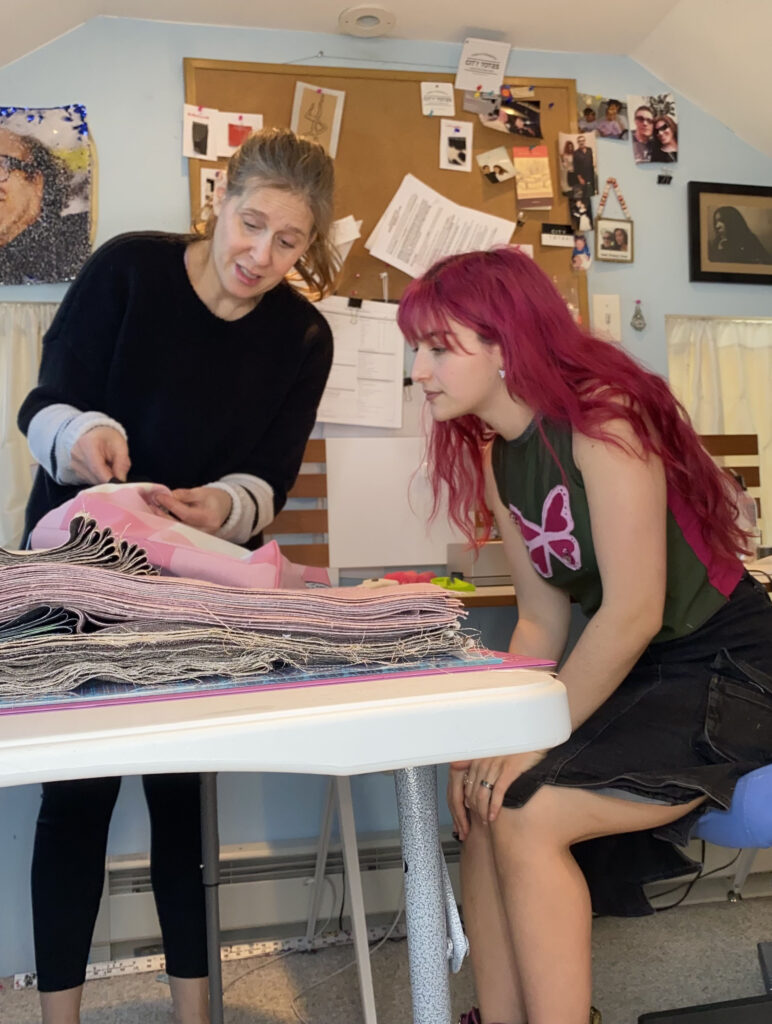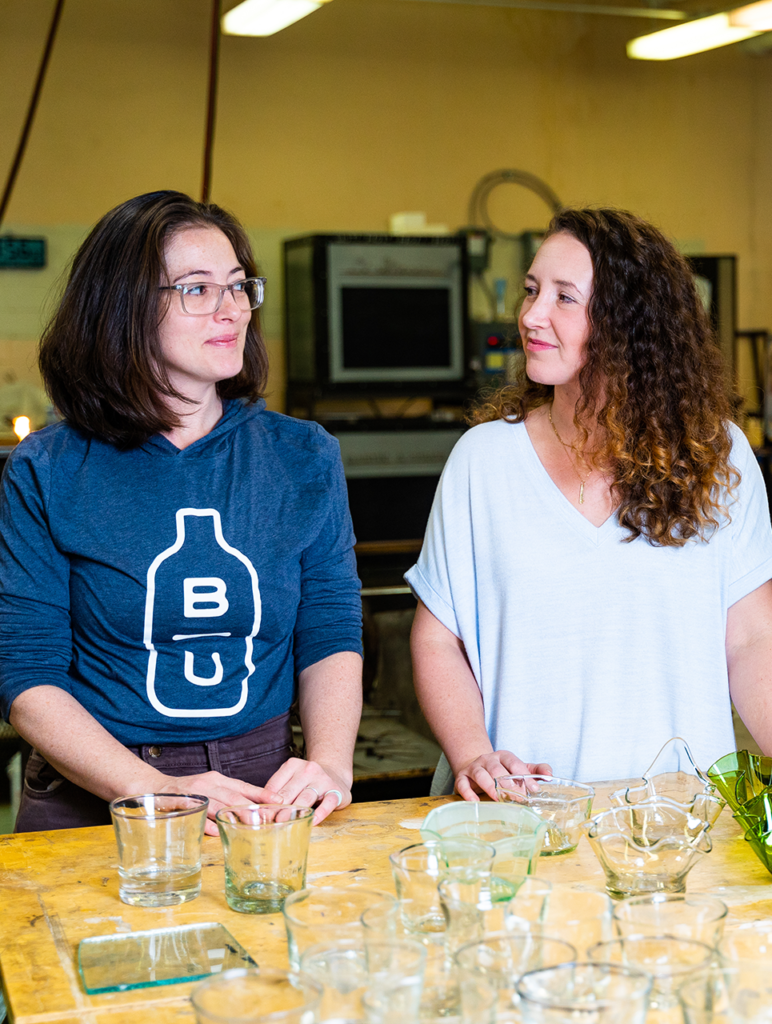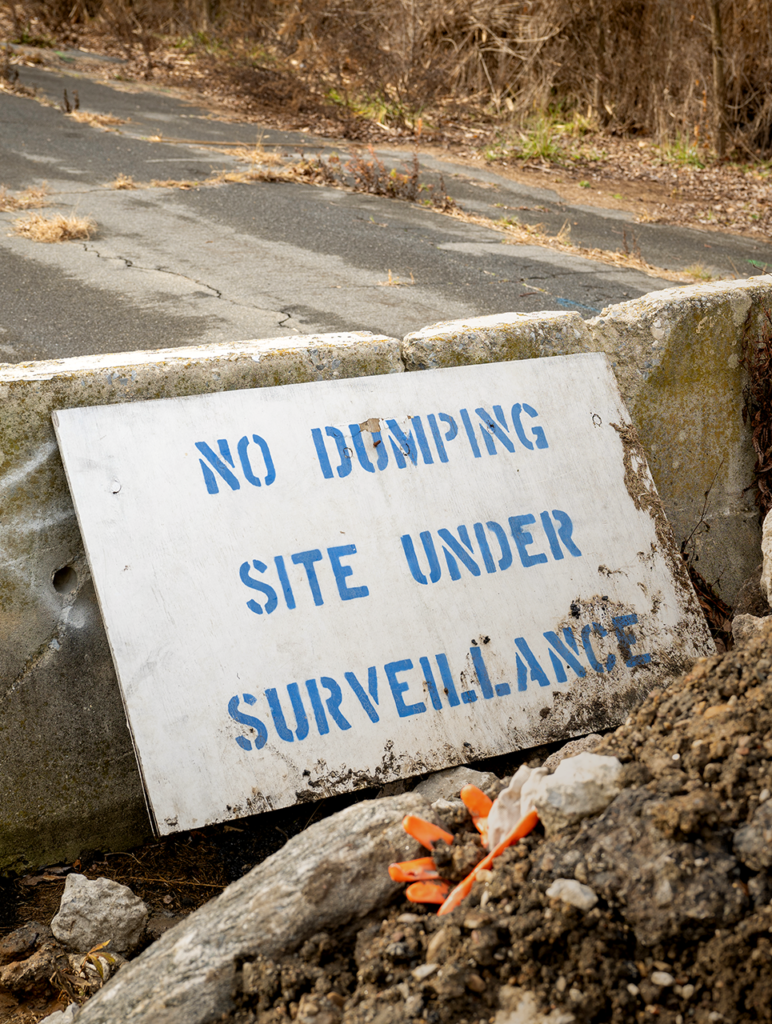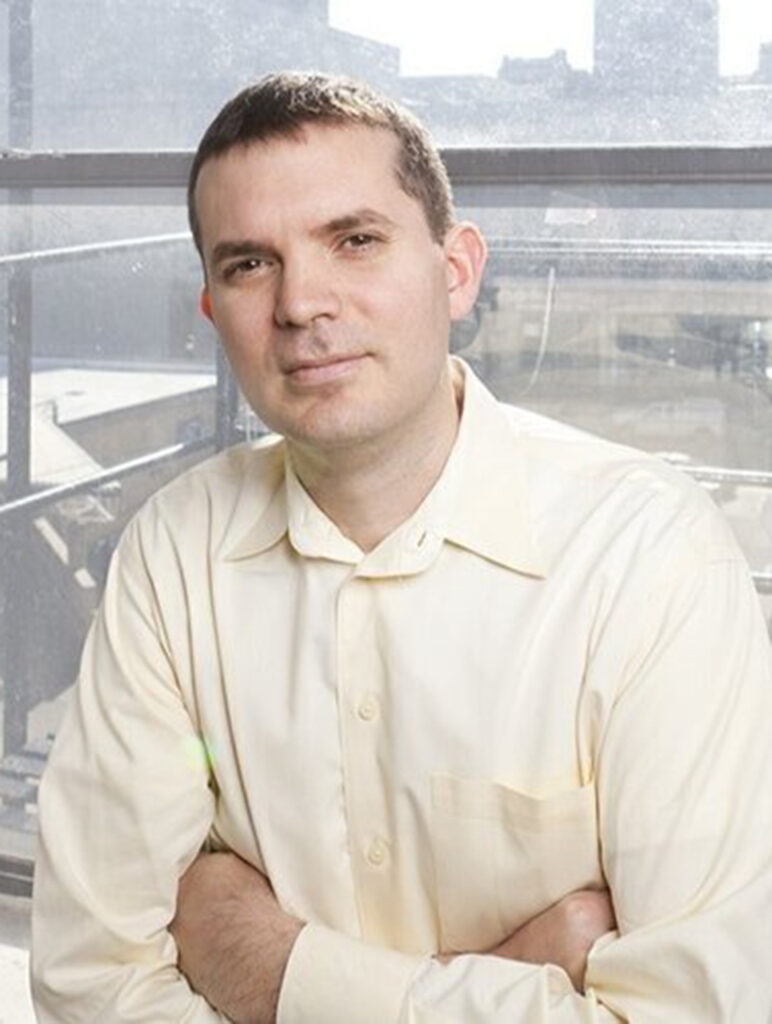This story was originally published by The New Lede. When Philadelphia filed a lawsuit in September 2025 alleging two prominent companies were engaged in a “coordinated campaign of deception” regarding the recyclability of their plastic film products, the City joined a growing group of state and local governments hoping litigation can help stem a rising
MoreLong after its contents have been unpacked and used, the humble cardboard box can keep on working. Finding a second life for a box is relatively simple in the home, where it can help organize storage in a basement or closet, serve as a play hideout for kids and even morph into an end table.
MoreFor residents of West Philadelphia, spring is a season for the senses. As trees and flowers break into full bloom, some of the city’s greenest neighborhoods reach their most beautiful state. The air feels fresh, the sun seems brighter than ever, and the community is rejuvenated. But there’s an unwelcome companion that also emerges at
MoreAs a black woman, Taneesha Maxwell may be an outlier in the waste hauling business that has historically been dominated by men. But as owner of T Maxwell Junk Removal and Cleanouts (@tmaxmovesjunk on Instagram), she is bringing a new face to the cleanout game, serving residents and property managers throughout Philadelphia and Delaware County,
MoreTim Eads pulls out his box cutter, slices a panel from a flattened cardboard box and then feeds it through a tabletop perforator. What goes in as waste comes out as packing material. What began as a way to source more-sustainable packing material for Tuft the World, the rug tufting company Eads owns with his
MoreSitting by the front door at my house are a couple bags of old toys. The next time one of us plans to be near the Goodwill, we’ll drop them off. A few weeks ago I bought our oldest (11) a new/used bike from Neighborhood Bike Works and dropped off two outgrown ones that had
MoreMy boomer dad doesn’t do social media. So when he wanted to unload a decades-old desk ill-suited to his new condo, he went old school: He posted a flier on the bulletin board at MOM’s Organic Market in Bryn Mawr. “Free to a good home: pine desk in good condition.” He included the desk’s dimensions,
MoreIn Johanna Dunn’s Belmont Hills studio, rich upholsteries abound: lush reds, animal prints and houndstooth mingle with florals, tweeds and blackout curtains. Her slow-fashion company, City Totes, specializes in artistically crafted bags made from reclaimed fabrics. Dunn, 55, loves finding materials destined for the trash and designing a new life for them. Over the past
MoreGlass is 100% recyclable: it can be melted over and over again to form new glass products without any loss in quality. Most of it is not recycled, however, despite the fact that the planet is running out of the sand necessary to make glass and other products. The opportunity for glass recycling, therefore, is
MoreTo the south of 86th Street in Southwest Philadelphia’s Eastwick neighborhood you can’t drive more than a few yards on the cross streets before you run into concrete barriers. “We had them put up the barricades since they would pull back in the cul-de-sac and dump,” says Leonard Stewart, a longtime Eastwick resident and community
MoreWhether it’s the shame of encountering trash dumped in your neighborhood, the despair of seeing a littered landscape or the outrage of witnessing recyclables and trash being dumped into the same truck, everyone who lives in Philadelphia eventually feels the psychological toll of mishandled waste. It makes all of us feel helpless, and then, the
More
